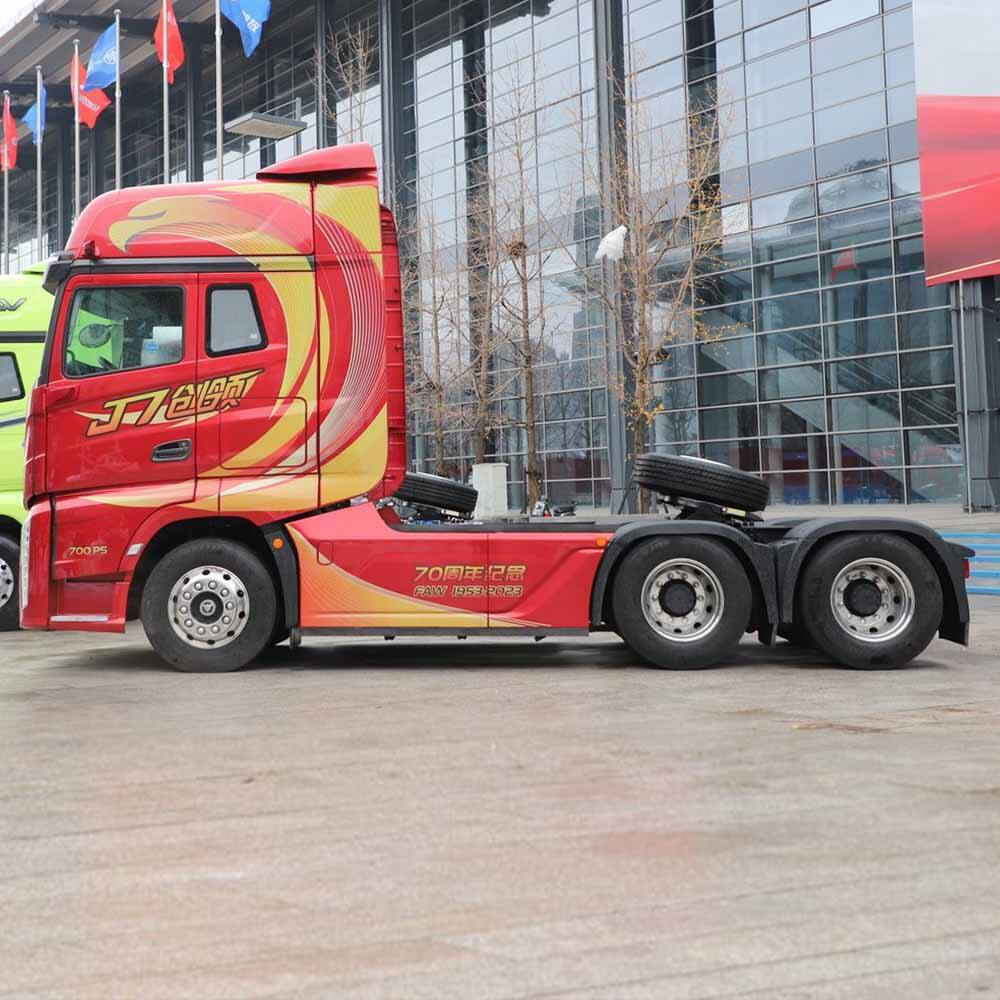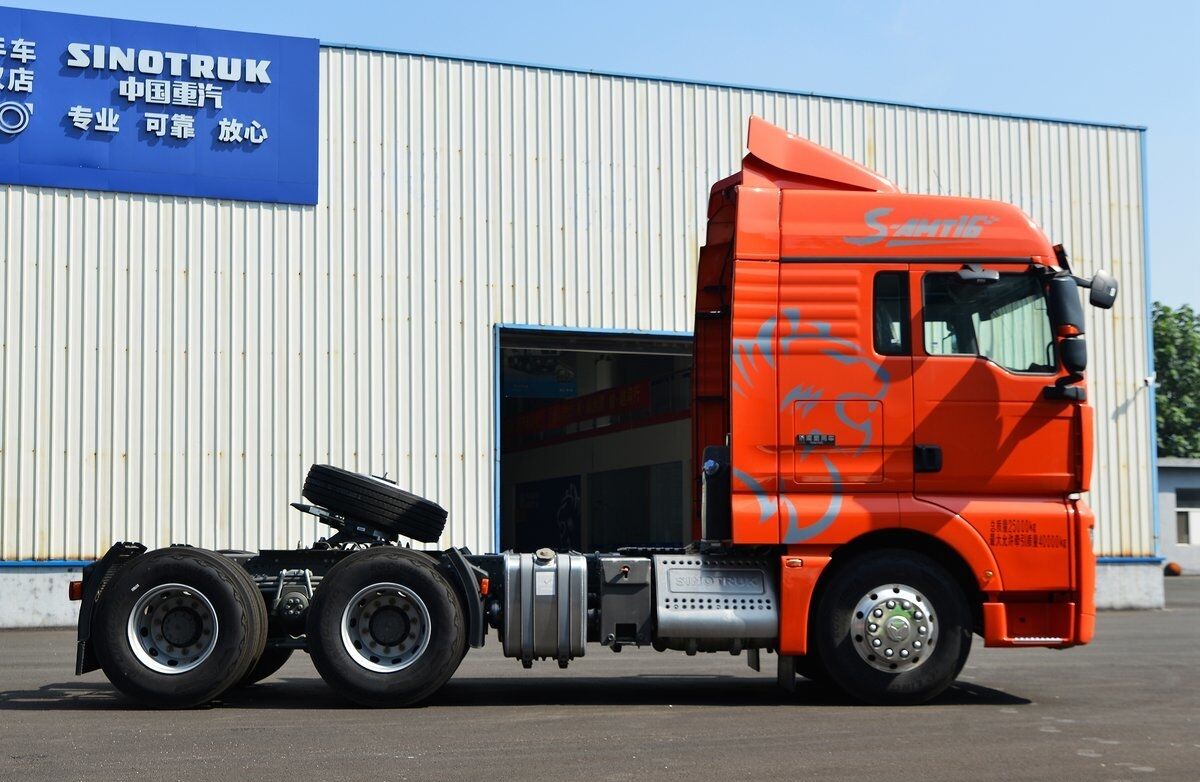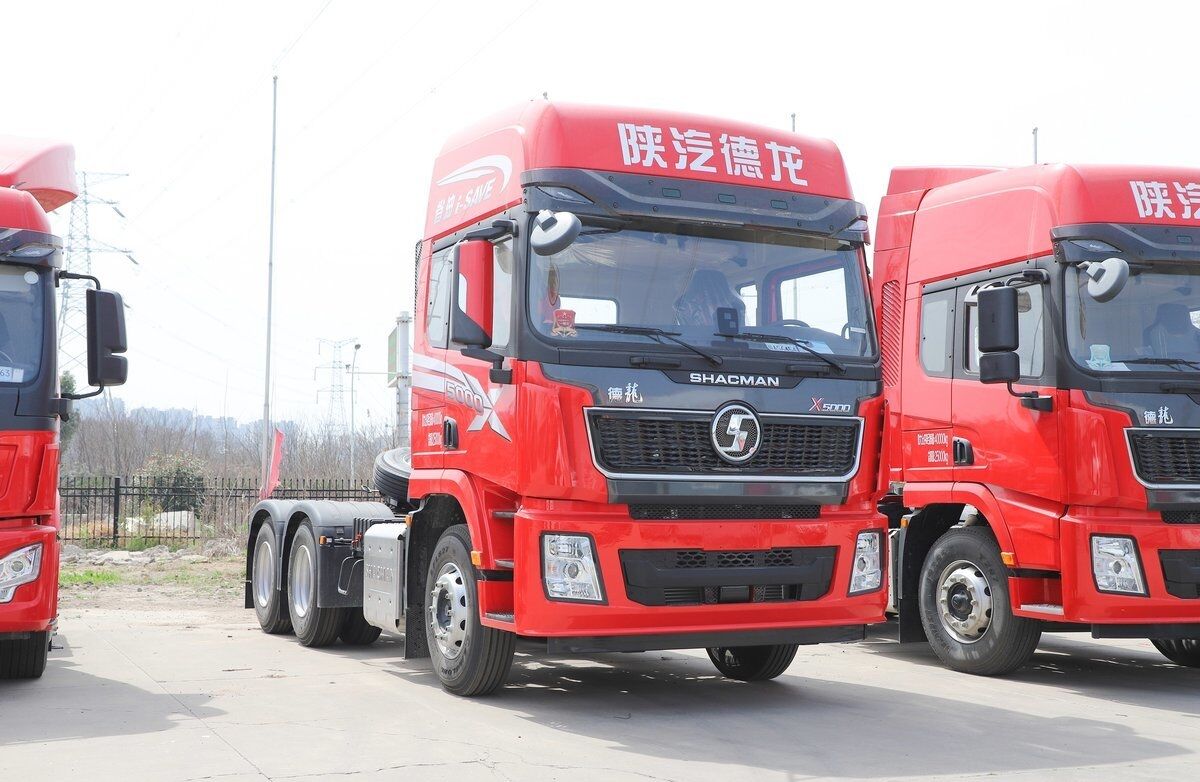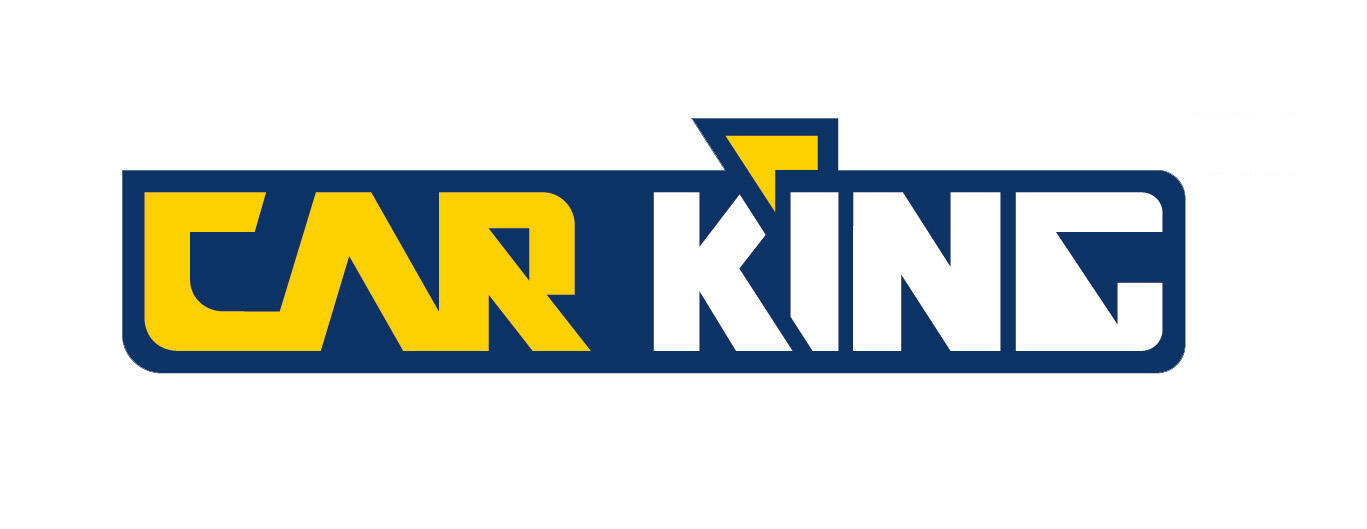semi tractor trailer
A semi tractor trailer, also known as an 18-wheeler or big rig, represents a crucial component of modern logistics and transportation infrastructure. This powerful vehicle consists of two main parts: the tractor unit, which houses the engine and driver's cabin, and the trailer portion for cargo storage. These vehicles are engineered to handle heavy loads while maintaining optimal fuel efficiency and safety standards. Modern semi tractor trailers incorporate advanced technologies including electronic stability control, automated transmission systems, and aerodynamic designs that enhance performance and safety. They typically feature powerful diesel engines capable of producing upwards of 400-600 horsepower, enabling them to transport loads ranging from 20,000 to 80,000 pounds. The trailer section, usually measuring 53 feet in length, provides versatile cargo space suitable for various industries, from retail distribution to construction materials transport. These vehicles are equipped with sophisticated brake systems, including air brakes and anti-lock technology, ensuring safe operation under diverse conditions. The integration of GPS tracking, fleet management systems, and diagnostic tools has revolutionized how these vehicles operate in contemporary logistics networks.



